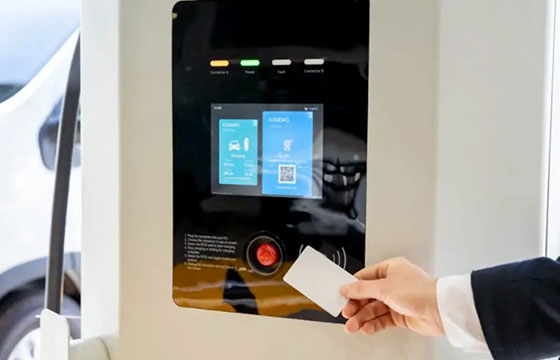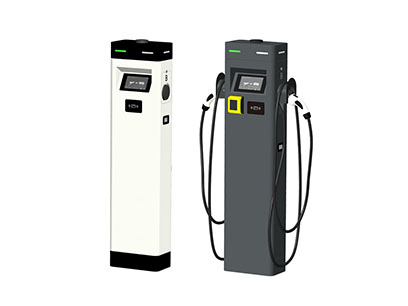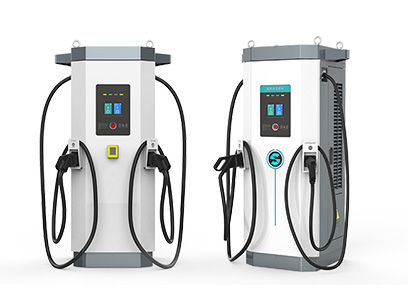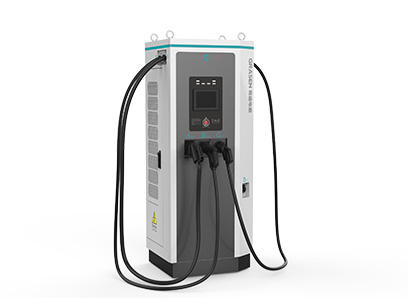Time:
The use of RFID cards for commercial EV chargers can significantly enhance the security and efficiency of EV charging stations. And this will result in an improved charging experience and increased customer satisfaction.

Radio Frequency Identification (RFID) pertains to a wireless mode of communication that involves the utilization of the radio frequency spectrum to identify a distinct object. Digital information encoded within an RFID card can be acquired by a reader, much like the process utilized in barcodes, however, an optical scanner is not necessary for reading RFID data.
RFID enables secure and seamless transactions between the EV charging station and the user. With RFID technology, drivers can securely and instantly initiate and terminate charging sessions, without the need for manual input or physical authentication.
RFID cards can also be programmed to enable access to specific charging stations or groups of stations, based on drivers' membership levels or other user-defined criteria. This allows easier access and usage management for different groups of drivers, while also enabling businesses to offer different pricing schemes or privileges for different user groups.
Finally, using RFID technology in commercial EV charging can also result in cost savings for businesses. By automating transaction and billing processes, RFID cards can reduce the need for physical payment processing infrastructure and administration, streamlining operations and reducing overhead expenses.
Whether or not you need an RFID card depends on your charging needs, and selected subscription type. Below are some suggested application scenarios:

Dual 7kW|22kW AC Charging Pile

DC Fast Charger

DC AC Combo EV Charger
You may also be interested in "Grasen Chargers EV Charging Payment Methods"
In conclusion, RFID cards are a simple but powerful tool that can significantly enhance commercial EV charging stations' security, efficiency, and user experience.
Submit Request